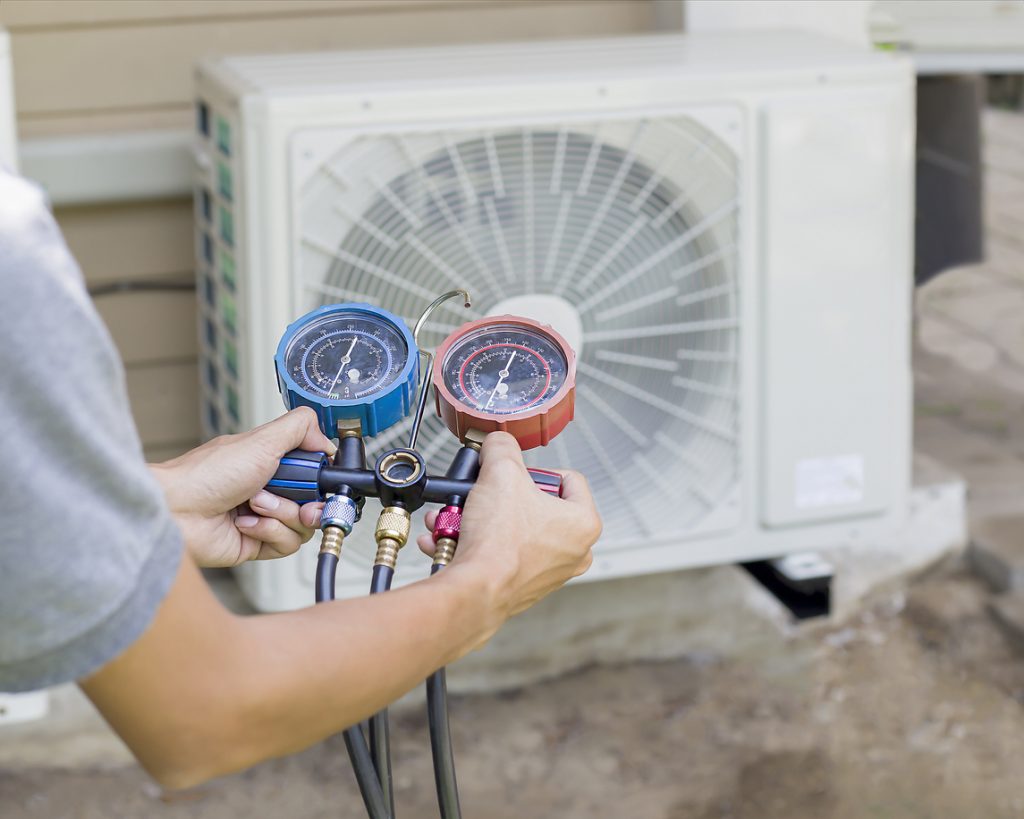Summer is on the way, and you might be thinking about how to cool your house efficiently. Suppose your air conditioner system isn’t performing to your standards or has been getting older. You may be unaware that a heat pump would be an extremely efficient way to cool your house.
Heat pump technology has advanced significantly over the last decade, providing energy-efficient heating and cooling. This upgrade will assist you in lowering your energy expenses as well as your total emissions.
What Exactly Is a Heat Pump?
Heat pumps combine heating and cooling into one handy unit. These systems warm your house by absorbing thermal energy from the outside air and moving it into the living area. During the warmer months, they capture thermal energy from your house and send it outside. These units are usually linked to a ducting system that distributes the conditioned air.
Types of Heat Pumps
Unlike a furnace or AC, which uses energy to generate heated or cooled air, a heat pump merely transfers heat from one place to another. Heat pump systems are classified depending on the source of thermal energy.
Air-Source Heat Pumps
These heat pumps take hot air from inside and discharge it outside using a small amount of electricity to cool a space. In reverse, it moves hot air into a space while expelling frigid air. Of course, there isn’t much heated air anywhere in the winter, but these heating systems can heat the air to a reasonable degree. Therefore, heating frequently consumes more energy than cooling.
Geothermal Heat Pumps
These heat pumps are more powerful and efficient than air-source heat pumps and are commonly used to cool houses in colder climates. Geothermal heat pumps get their thermal energy from the Earth or a local body of water. Because water and ground have more steady temperatures than air, geothermal systems’ running cost and energy usage are lower than that of air-source systems.
Absorption Heat Pumps
Absorption heat pumps are basically air-source heat pumps that are driven by a heat source rather than electricity. They depend on a variety of heat sources, including natural gas combustion, oxygen, and geothermally heated water. Absorption pumps use only mechanical energy, whereas geothermal heating systems are more complicated and have bigger units.
Benefits of Using Heat Pumps
Heat pumps have several advantages over conventional heating and cooling systems:
- Lower energy bills
- Provides cooling and heating
- Safer and healthier
- Reduced carbon emissions
- Tax incentives programs
If you want to learn more about heat pumps and if one is right for your home, a local HVAC company can help. Contact the heating and cooling specialists at Big Sky for reliable heat pump services in Helena, MT.

